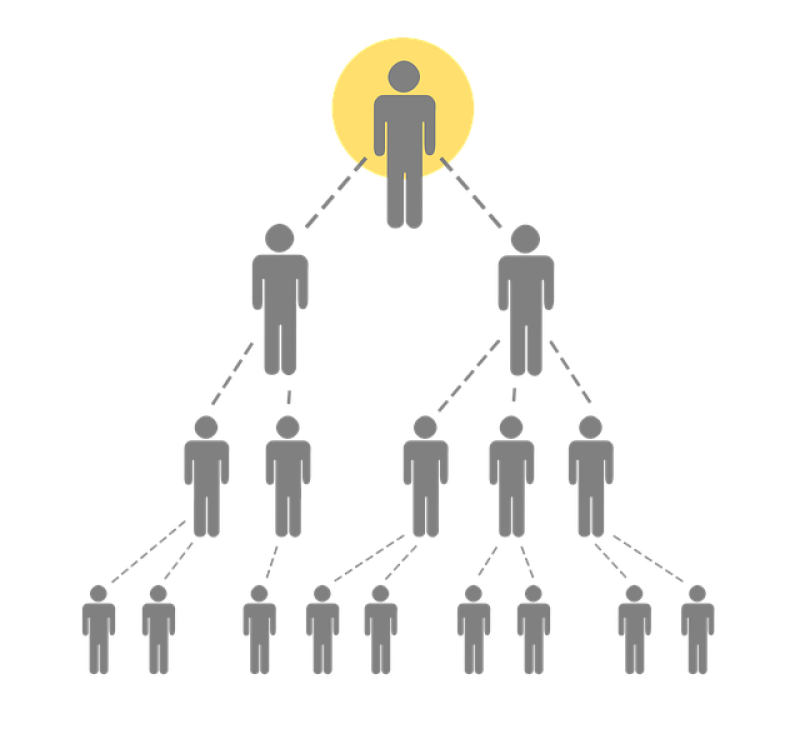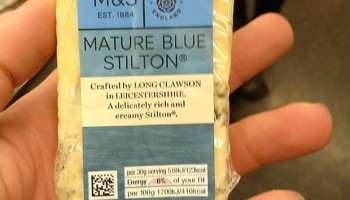About $4 million of the settlement is earmarked for reparation payments to some 3,000 people who bought into the alleged scam, with the remainder going towards costs incurred by the Attorney General’s office in pursuing the action.
Pursuing a self-professed “mission… to improve lives and strengthen families,” the company marketed participation in the program to mothers seeking financial freedom and a flexible schedule.
LuLaRoe told prospective recruits they could make “full time income for part time work,” with profits advertised in the region of $15,000-150,000 a month from sales alone, according to the Attorney General’s statement.
Once participants joined the LuLaRoe community, they claimed they were required to pay between $500 and $5,000 for mandatory introductory packages.
Often, those who bought into the scheme reportedly found it was not the ticket to financial freedom they’d been promised. Retailers’ accounts of their difficulties with the program were well documented, and it was not uncommon for women to claim they had lost thousands of dollars to the scheme.
The company’s emphasis on expanding recruitment rather than selling clothing — a central feature of any pyramid scheme — ensured that those who brought in the most recruits made large sums, while those under them struggled.
“I got overpaid while people on my team were failing,” a top ranking retailer said.
LuLaRoe offered those who wanted to leave the company a repurchase policy, agreeing to buy back unsold merchandise purchased in the last year at 90% of retail value.
When retailers sought this option, many were alleged not to have received the full value promised, while some claimed never to have received any money at all.
Claimants described the process, which reportedly often took months, as confusing and unfair, with a great many going on to file complaints with the Better Business Bureau.
“LuLaRoe tricked Washingtonians into buying into its pyramid scheme with deceptive claims and false promises,” Washington Attorney General Bob Ferguson said.
As a result, thousands lost money and two individuals made millions from their scheme. Washingtonians deserve fairness and honesty — and accountability for those who don’t play by the rules,” he added.
It isn’t the first time the family-owned company has made headlines: The group has reportedly been subject to multiple lawsuits, including a class action over poor-quality clothing, a $49 million action from a former supplier — whom the company is understood to have counter-sued for $1 billion — as well as a suit in California brought on behalf of the company’s independent retailers.
LuLaRoe released a statement on Tuesday denying any wrongdoing in the recent case.






